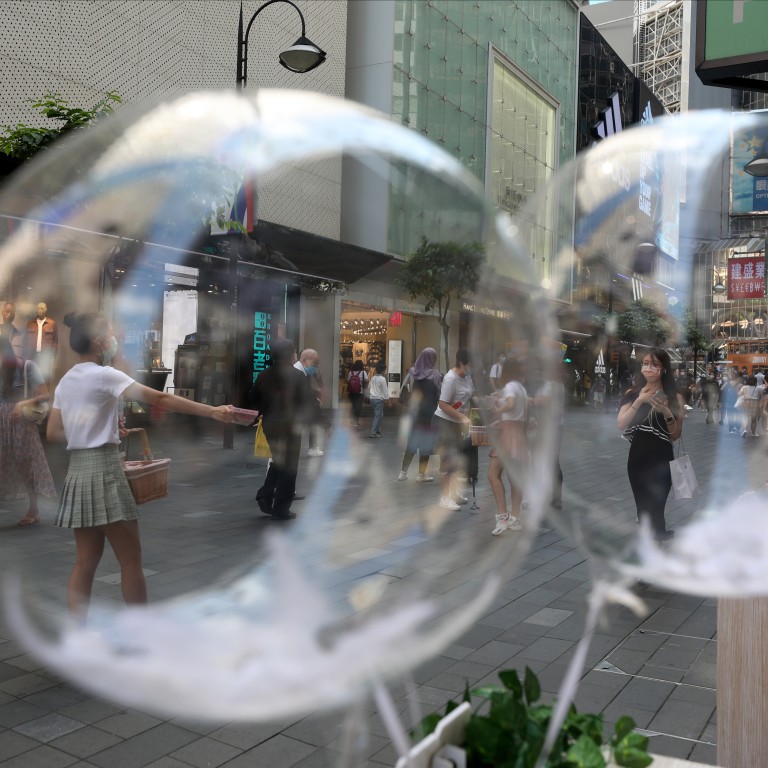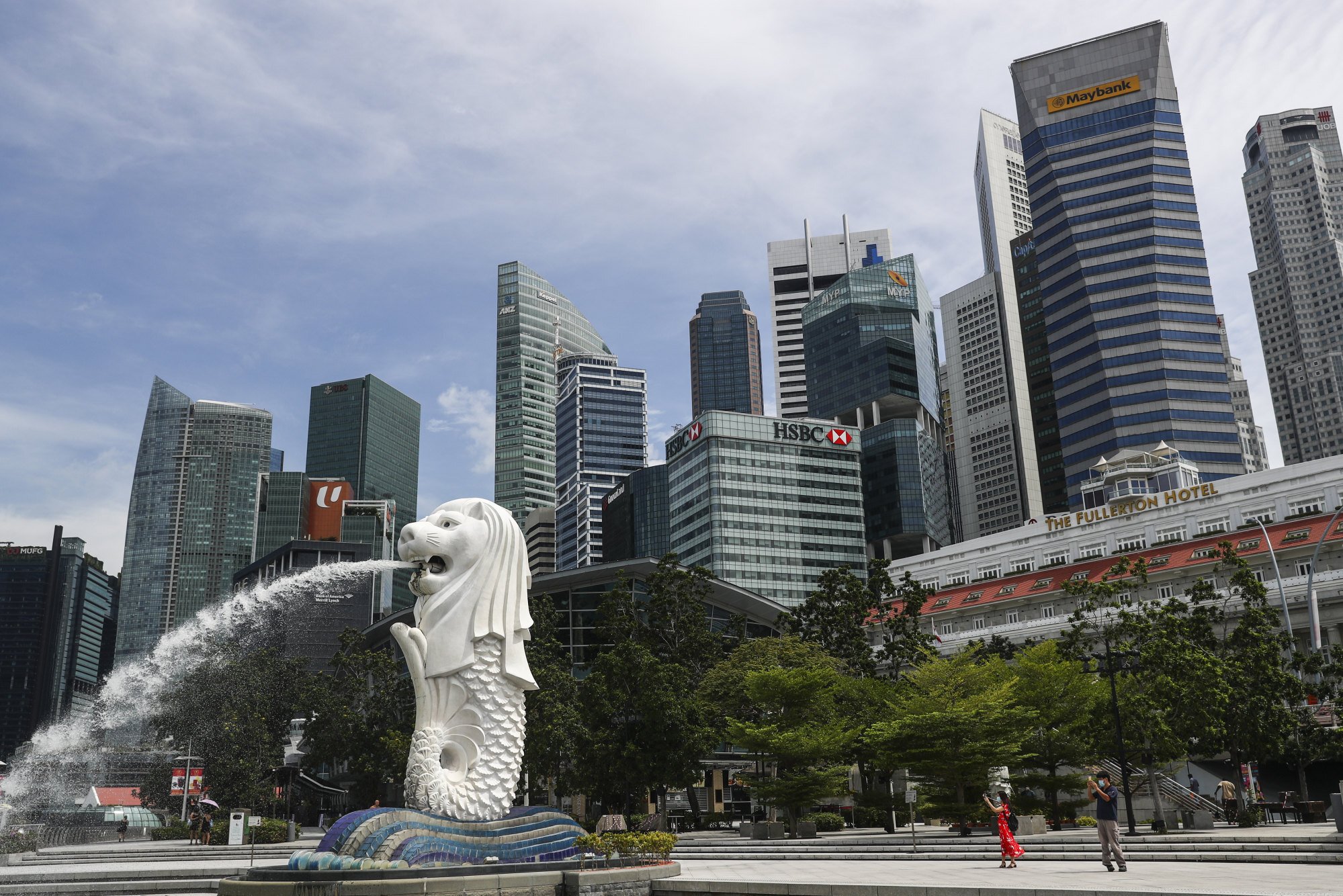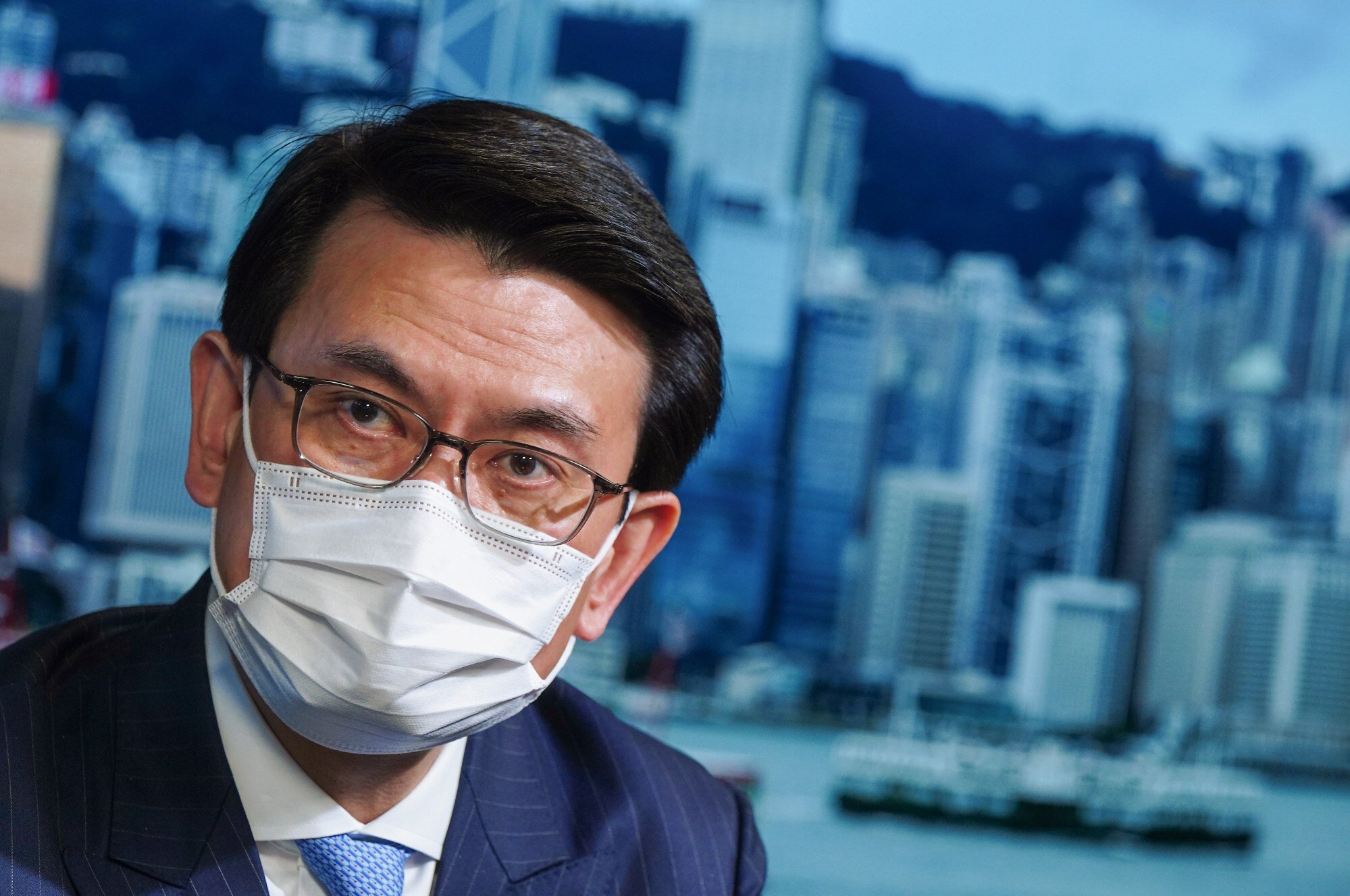
Coronavirus: battered Hong Kong travel industry calls for mutual recognition of vaccines as bubble hopes soar
- Industry calls on city and prospective travel bubble partners to strike agreements recognising each other’s approved vaccines to get deals off the ground
- Commerce secretary Edward Yau confirms travel bubble discussions have restarted with Singapore, but declines to offer details
All of those countries were among the ones the government approached about possible agreements last year, along with Malaysia, France, Germany and Switzerland.
City to lift ban on residents stranded in Britain; quarantine rules to be eased for certain arrivals
However, the Lion City has so far only approved the Pfizer-BioNTech and Moderna vaccines, and is still assessing the clinical trial data for China’s Sinovac – one of the two types of jab available in Hong Kong, along with BioNTech.
Asked if there could be issues with Singapore declining to accept Sinovac jab takers from Hong Kong, Timothy Chui Ting-pong, director of the board of the Travel Industry Council, said he was confident such problems would not come to pass, as the recognition of both destinations’ vaccines should be mutual.
“Hong Kong has a strong outbound travel market and many places want to attract travellers from us,” said Chui, who is also the chief operating officer of Taiwan Good Travel Company.
“The talks are mutual. The deal won’t happen if Hong Kong accepts what Singapore offers but not the other way round. While Singapore is waiting for more Sinovac data, I am very confident that the country, or even other places that are in talks with Hong Kong, will eventually accept the jabs as one of the conditions.”

As of Monday, about 299,200 people had received their first dose of Sinovac, and another 24,600 had got their second. Some 151,300 people have received their first dose of BioNTech, the use of which has recently been suspended in the city after the discovery of defects in the vaccine’s packaging. Altogether, some 6 per cent of the city’s population has received at least one dose of vaccine.
Tourism sector lawmaker Yiu Si-wing agreed that Hong Kong and its partners “will have to come to a consensus on whether vaccination is a condition of the travel bubbles and what vaccines are recognised”.
“Based on the existing pandemic control level, Singapore appears to be among the first to form a travel bubble with Hong Kong,” he continued, adding that the governments should also work out alternatives for those who do not get vaccinated. “The aim is to provide traveller-friendly arrangements.”
Hong Kong exploring ways to incentivise coronavirus vaccine take-up: pandemic adviser
Since last month, Hong Kong has been engaged in talks with Singapore about resurrecting their ill-fated travel bubble.
Secretary for Commerce and Economic Development Edward Yau Tang-wah said on Monday that the current conditions in the city lent themselves to restarting travel bubble talks with other countries, and pointed to the relaxation of certain measures for low-risk countries as a starting point.
“Allowing non-residents from Australia, New Zealand and Singapore to come to Hong Kong paves the way for forming air travel bubbles,” he said.
Though he confirmed discussions had restarted with Singapore, he declined to offer details or a timetable, or to say whether vaccines would be mandatory, noting only that they would be helpful for those hoping to take part.

“We also recommend that Hongkongers, when they travel elsewhere, if they want to join the air travel bubble arrangement, they should first get vaccinated so they can give themselves protection. In the long run, I believe this is also a trend globally,” he said.
Singapore’s transport minister, Ong Ye Kung, said the city state had received the Hong Kong government’s proposal on reopening travel, which it would study and respond to shortly.
Last week, Singapore’s health minister, Gan Kim Yong, said it was actively discussing mutual travel arrangements with other countries, and that they were likely to vary between different destinations.
The agreements might not hinge solely on vaccination, he added, as they depended on the overall situation in each country.
Asked if Singapore would recognise only travellers who have received vaccines that the Lion City had approved, Gan said it was more important to consider the overall transmission risk in the other country.


